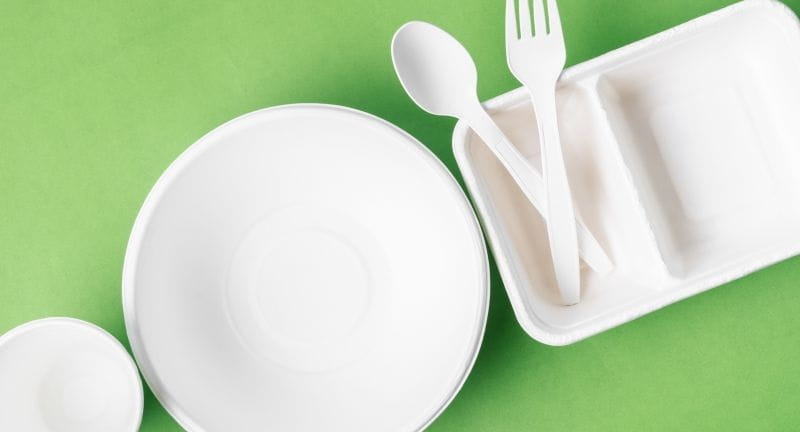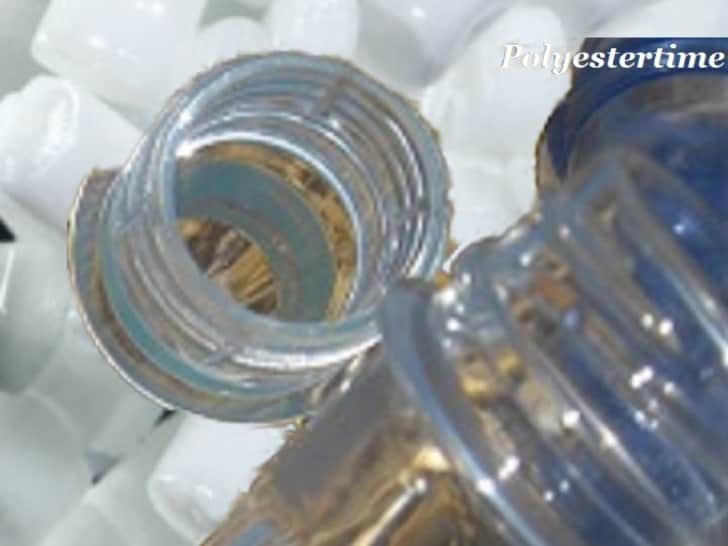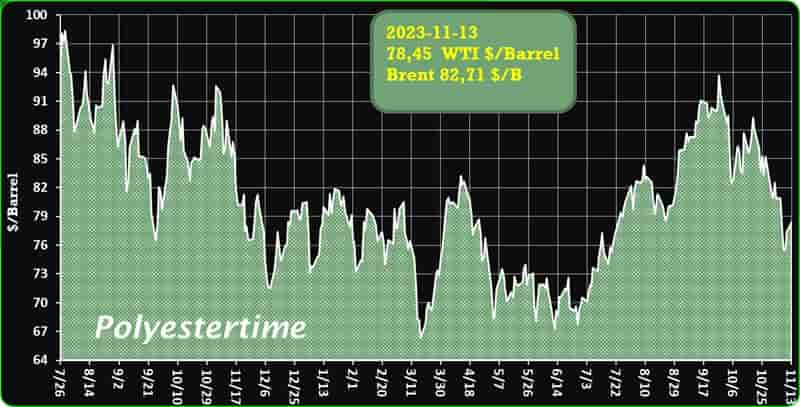Axium Packaging, specialising in the production of jars, bottles and closures in PET, recycled PET & PP, PCR PP for personal care and food markets, has signed the acquisition of the Italian company Silte srl.
Silte srl, family-owned SME based in Budrio next to Bologna in Italy, is specialising in the production of bottles and jars by extrusion blow and by blow moulding in 2 steps for the Italian markets of personal care, cosmetics and detergents. Founded in 1970, the company Silte generates a turnover of €7.5 million and employs 25 people at its Italian production site. Packaging waste
The integration of the Italian company within the group is intended to enable Axium Packaging to strengthen its presence in Italy and is expanding the ranges of customised and standard packaging from the group while remaining in line with the strategic development objective. This includes offering eco-designed packaging including a customised container and a closure solution, says Axium. The acquisition is claimed to strengthen the position of the group, which is established throughout Europe and currently has five production sites employing 385 people, with consolidated turnover of almost €80 million after this acquisition.
Complementing its range of plastic packaging, Silte is expected to leverage synergies within the group’s other companies to enhance its products and services offerings in the Italian market, with a particular focus on the food industry. Packaging waste
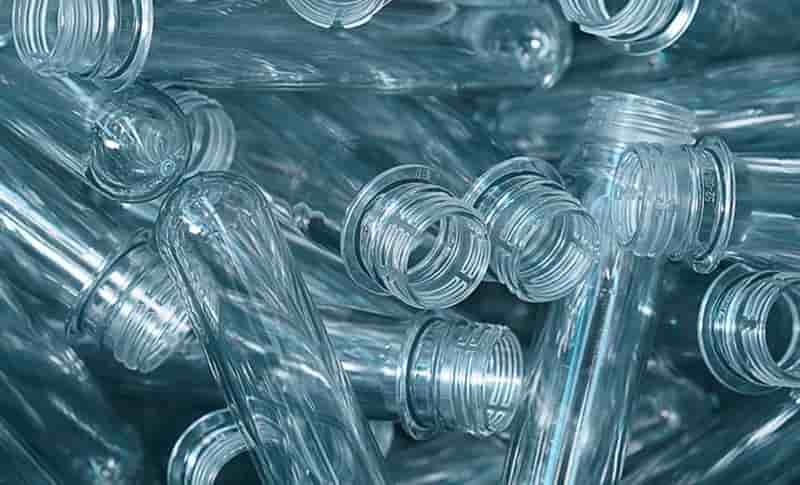
Lummus and Citroniq Announce Licensing and Engineering Agreements for Green Polypropylene Plants
Agreements highlight Lummus and Citroniq’s progress in meeting surging demand for sustainable polypropylene
Lummus Technology, a global provider of process technologies and value-driven energy solutions, and Citroniq Chemicals announced that the two companies have signed licensing and engineering agreements for green polypropylene plants in the U.S. The first plant, scheduled for completion in 2027, will produce 400kta of bio-polypropylene and will be first in North America with this production capability. Packaging waste
“This agreement demonstrates the progress we continue to make with Citroniq in establishing the first world-scale sustainable bio-polypropylene production process in North America,” said Romain Lemoine, Chief Business Officer of Polymers and Petrochemicals, Lummus Technology. “Combining Lummus’ leadership in polypropylene licensing with Citroniq’s carbon negative production capabilities will help us meet the growing demand for bio-polypropylene and accelerate the decarbonization of the downstream energy industry.”
“Citroniq’s four-plant bio-polypropylene licensing agreement with Lummus Technology is a testament of our commitment to bring sustainable plastics at world-class scale to the marketplace,” said Mel Badheka, President & Co-Founder of Citroniq Chemicals.
In April 2023, Lummus and Citroniq formed a partnership to develop four green polypropylene plants in North America using Lummus’ Verdene™ polypropylene technology suite. The licensing and engineering agreements announced today are for the first of the four plants. Packaging waste
The Verdene suite includes four Lummus technologies: ethanol to ethylene technology, dimer technology, olefins conversion technology and polypropylene technology. Lummus is the only technology provider able to supply all the proven, low energy technologies to produce renewable green polypropylene from biogenic ethanol.ù
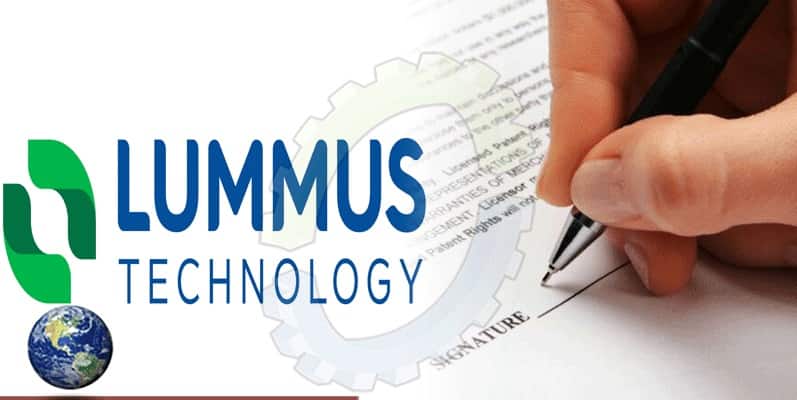
New project called GRAPHERGIA to revolutionize energy harvesting in textiles and battery technology
A consortium of 11 partners from six European countries has launched the GRAPHERGIA project, an ambitious 3.5-year Research and Innovation program, funded by €4.5 million under the Horizon Europe’s Graphene Flagship initiative. \
Aimed at redefining the integration of energy solutions into everyday life, GRAPHERGIA aims to transform how we use and store energy. Its main goal is to develop and deploy cutting-edge graphene-based materials into energy harvesting and storage devices. These advances would enable scalable and cost-efficient production of two-dimensional (2D) material technologies for a wide array of applications. Packaging waste
The project kicked off on 2-3 November 2023 with a commitment to pioneering the domain of smart textiles. “We envision a world where your clothing does more than just look good—it powers your devices, acts as a sensor and connects you seamlessly to the Internet of Things (IoT),” says Prof. Spyros Yannopoulos, the project coordinator for GRAPHERGIA. “Imagine e-textiles that not only adapt to your body but also charge themselves. This is the future we are creating.”
The second key area of exploration for the GRAPHERGIA project is the development of next-generation electrodes for Li-ion batteries. By leveraging the consortium partners’ proprietary technologies, GRAPHERGIA aims to capitalize on the unique properties of 2D materials to enhance battery life and performance, all while maintaining an environmentally friendly footprint. Packaging waste
“As we move from current technology readiness levels to higher grounds, GRAPHERGIA stands at the forefront of materials engineering. Our collaborative effort aims to bring pilot-scale innovations to the marketplace, setting new benchmarks for the energy sector,” adds Prof. Yannopoulos.

Sidel Launches Ultra-Small, Ultra-Light PET Bottle for Liquid Dairy Drinks
Sidel’s drinkable yogurt bottles from 65 to 150 ml save material and energy in production, and they’re qualified for 100% rPET.
The latest lightweight PET bottle and preform design from Sidel is aimed at drinkable and probiotic yogurts in sizes from 65 to 150 ml and is suitable for ambient and cold-chain processes. The new small bottle could also be used for juice, nectar, soft drinks, isotonics and tea. Packaging waste
The global yogurt and probiotic market is predicted to grow at 9.3% from 2023 to 2030, aided by PET’s food-grade bottle-to-bottle recyclability and cost savings that Sidel pegs at up to 20% when switching from HDPE.
Sidel claims best-in-class bottle weights of 3.9 g for a 100-ml extended shelf-life bottle and 5.4 g for a 100-ml aseptic bottle, achieved through a dedicated preform design. The new bottles are qualified for 100% rPET and also enable energy-saving low blowing pressure below 15 bar. The new preform design reportedly ensures a wide process window, even with reduced heating zones.
In addition, the new bottles are compatible with Sidel’s Aseptic Combi Predis FMa aseptic system with dry preform decontamination. Packaging waste
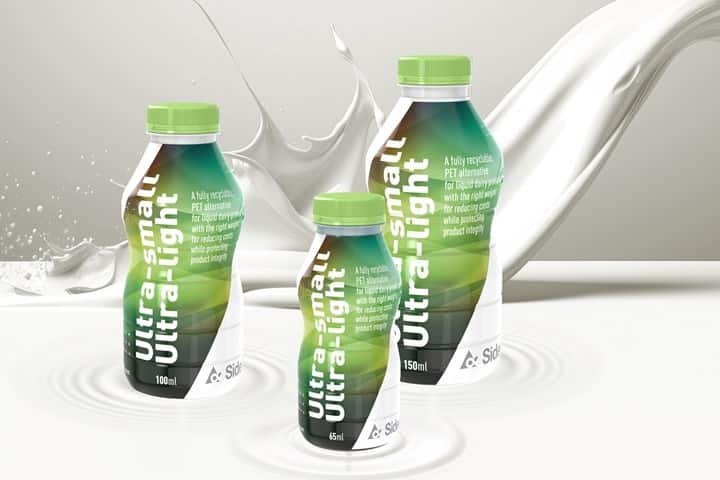
PLASTICS Report Shows Strong Global Demand for Plastics
The Plastics Industry Association report shows that the U.S. plastics industry’s trade volume for 2022 grew 9.7%.
The Plastics Industry Association (PLASTICS) released its annual Global Trends report during a press briefing and keynote address at the Plastimagen trade show in Mexico City. Presented by PLASTICS’ Chief Economist Perc Pineda, the report found that while global trade volume expanded by 2.7% in 2022, according to the World Trade Organization (WTO), trade volume for the U.S. plastics industry over the same time period grew at more than three times that rate, coming in at 9.7%. Packaging waste
For 2023, WTO is forecasting a 0.8% increase in world merchandise trade volume, but data from the first half of the year indicates a decline in plastics trade volume compared to the first half of 2022. During this time, however, the U.S. trade balance shifted from a $5.2 billion deficit to a $1.0 billion surplus. Pineda concluded that “it would not be surprising” if the U.S. plastics industry’s trade volume in 2023 once again outpaced the growth in total global merchandise volume. Packaging waste
China’s slowdown could hinder that growth, given that the country ranks as the third-largest export market for U.S. plastics, Pineda noted. Overall, the U.S. has a trade deficit with China in all plastics; however, it enjoys a $3.1 billion trade surplus in resin.
U.S. plastics industry exports rose 11.8% and imports rose 7.2%, shrinking the overall plastics trade deficit to $7.4 billion in 2022 from $10.0 billion in 2021.
The Global Trends report found that 2022 apparent consumption of plastics industry goods in the U.S. increased 13.7% to $393.3 billion, up from $345.9 billion in 2021.
Global plastics trade volume is estimated to have reached $1.7 trillion, with China, the U.S. and Germany ranking as the top three players in the global plastics trade, based on PLASTICS’ annual Global Plastics Ranking. Packaging waste
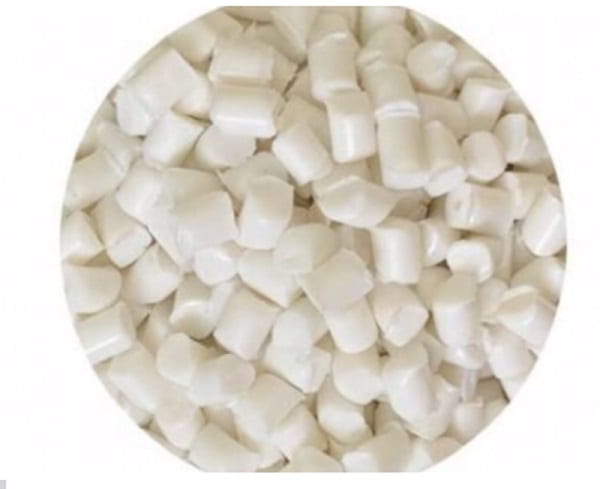
The Italian economy could face a serious threat from the new European rules on packaging and packaging waste, which are about to be voted on in the European Parliament
This is the warning issued by the main associations representing the industry, agri-food and distribution sectors in Italy, who have also contacted Prime Minister Giorgia Meloni to express their concerns.
The new Regulation, which is being drafted in Brussels, would affect more than 30% of Italy’s GDP, with negative effects on the whole economic system, employment and consumer protection.
It would also undermine Italy’s leadership in recycling and ignore more sustainable alternatives such as fully biodegradable bioplastics. Packaging waste
This is the content of a joint letter signed by Confindustria, Confcooperative, Confcommercio, Confartigianato, Federdistribuzione, and sent to the Prime Minister in the last few days; a position that was also reiterated during a meeting held yesterday in the European Parliament with the Permanent Representation of the Italian Government to the European Union.
The appeal is also supported by Assobioplastiche, which represents the Italian supply chain of compostable plastics.
The damage – the letter states – would not only affect the packaging sector, but also crucial sectors for Italy such as the entire agri-food chain, from production to processing and distribution, putting at risk tens of thousands of businesses and hundreds of thousands of jobs. Packaging waste
According to the signatories, the proposal would also have an impact on a sector such as that of compostable and fully biodegradable bioplastics, by introducing a series of restrictions on their use, limiting innovation in packaging and preventing the recovery of the huge investments made in innovation and biorefineries.
“The concrete risk – says Rosario Rago, member of the Confagricoltura Council – is that of damaging entire strategic sectors of Made in Italy, with incalculable consequences on the security of supplies and on the national distribution chains, which are also highly integrated at European level”. Packaging waste
“The most affected ones – he adds – would be the companies in the food supply chain, the core of the national economy and the driving force for exports, since food packaging in general, including disposable packaging, among the most directly affected, is essential for the protection and preservation of food, information on product traceability and hygiene.
Not to mention the risk of the possible loss of hundreds of thousands of jobs.”
The Packaging Regulation was recently amended by the Environment Committee of the European Parliament and will be voted on in this form during the plenary session scheduled for 20 to 23 November, although with the possibility of amendments.
The text resulting from the vote will then be discussed in the Trilogue between the Commission, Council and EU Parliament. Packaging waste
